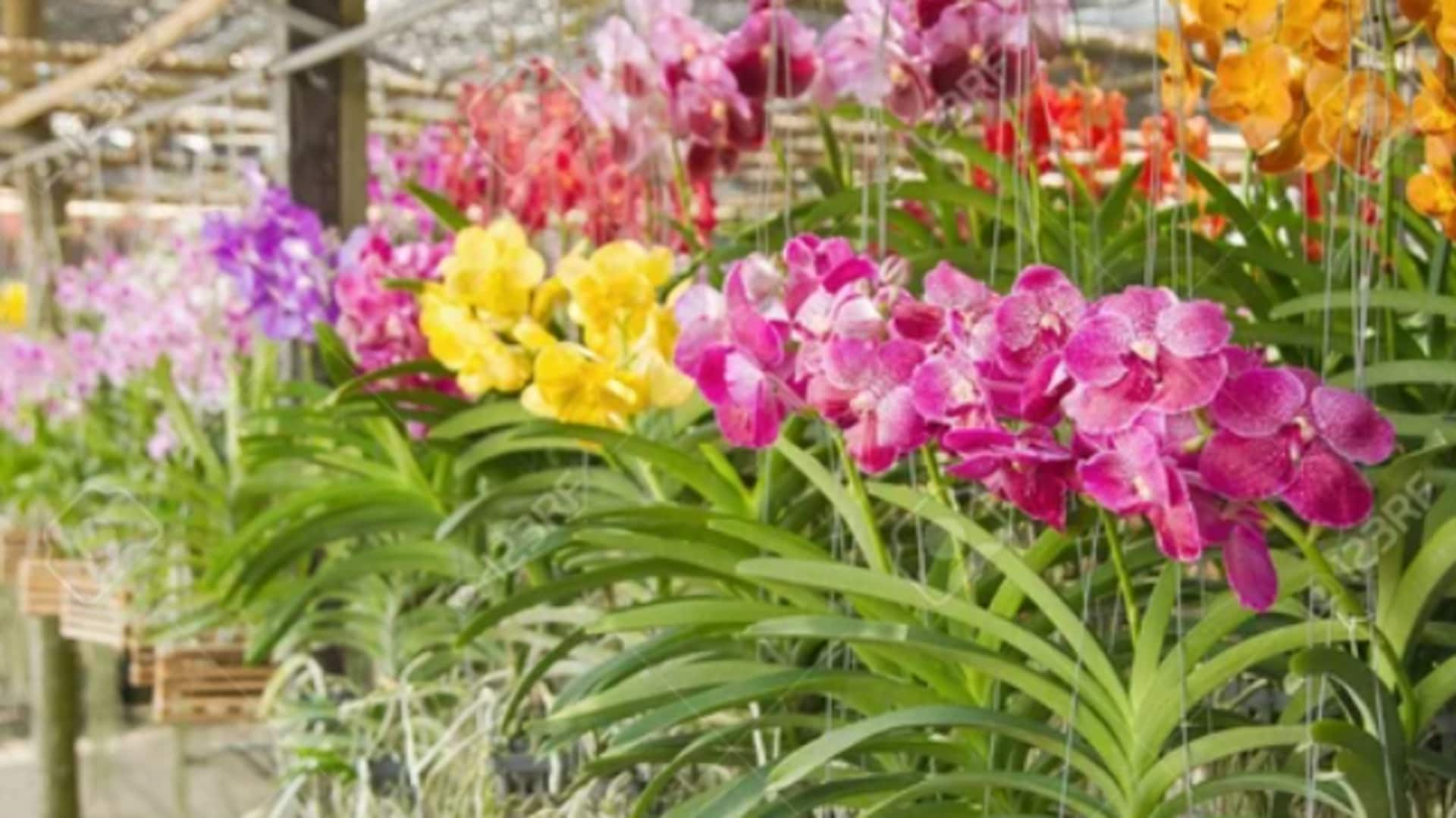
Essential tips for thriving orchid plants
What's the story
Orchids, encompassing over 25,000 species worldwide, are among the most beautiful and diverse plant families. They have a reputation for being challenging to care for. Yet, with the right knowledge and approach, anyone can grow thriving orchid plants at home. This article delivers five essential tips that are key to helping your orchids not just survive but truly flourish.
Substrate choice
Select the right substrate
Orchids require a specific type of substrate or growing medium that differs from typical houseplants. They thrive in a mix that allows air to reach their roots, such as bark chips, sphagnum moss, or a blend designed specifically for orchids. Avoid using regular potting soil as it can suffocate orchid roots and lead to root rot.
Lighting needs
Ensure proper lighting
Light is essential for orchid health and their ability to bloom. Most orchids thrive under bright, indirect light, making a south or east-facing window an ideal location. If natural light is insufficient, using grow lights, placed about 12 inches above the plants, is recommended. Too much direct sunlight can scorch their leaves, while too little light will inhibit their ability to bloom effectively.
Watering technique
Water wisely
Overwatering is one of the most common mistakes in orchid care. Orchids should be watered once every seven to 10 days, or when the substrate begins to dry out. It's better to underwater than overwater these plants. Ensure pots have drainage holes and allow excess water to drain completely after each watering session, preventing root issues.
Humidity control
Maintain humidity levels
Orchids flourish in environments with humidity levels between 40% and 70%, which is higher than typical home conditions. To boost humidity for your plants, consider using a humidifier or placing a tray of water near them. Directly misting the leaves is not advisable as it can lead to fungal diseases if done excessively, compromising plant health.
Fertilization schedule
Fertilize regularly but sparingly
Orchids benefit from regular, but minimal, fertilization compared to other houseplants. A balanced fertilizer, specifically a 20-20-20 mix, diluted to one-quarter strength, is ideal. Apply this every two weeks during periods of active growth and reduce to once a month when the plant is dormant. Be cautious of over-fertilizing, as it can lead to harmful salt buildup in the substrate, potentially damaging the roots.